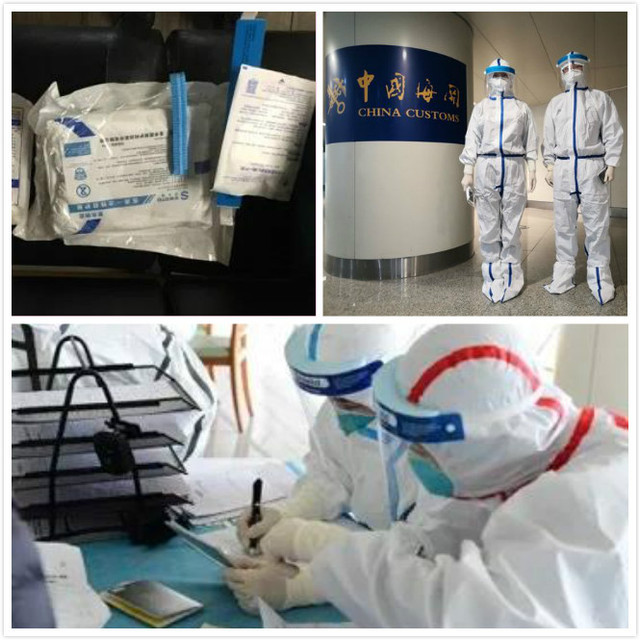
“Sir, do you have basic medical insurance? If so, the money will be directly returned to your account.” Members of the translation volunteer team for COVID-19 designated medical service of Nankai University patiently explaining China’s medical insurance policies to foreign patients, guiding them to settle and reimburse hospital expenses. Such dialogues run through the daily life of ten teachers as the members of the volunteer team.
Shuixi District of Tianjin No.1 Central Hospital has become a designated rehabilitation hospital for COVID-19 discharged patients as a national major epidemic treatment base this year. In order to further improve the hospital’s comprehensive service level and solve the current practical difficulties in receiving foreign patients with COVID-19, the College of Foreign Languages of Nankai University sets up a multilingual translation volunteer team for COVID-19 designated medical service covering English, French, Spanish, German, Japanese and Korean. Ten teachers in six major languages communicate with foreign patients 24-hour online, interpret treatment plans, publicity of epidemic prevention policies, and living needs.
Since its formal establishment on September 22, members have served nearly 10 foreign patients to successfully complete the translation of diagnosis certificates, medical insurance consulting, settlement and reimbursement, etc. In addition, the translation volunteer team also worked together to complete the translation of the multilingual version of the COVID-19 admission information questionnaire, which covers six modules, including basic information, past medical history, epidemiological survey, clinical symptoms, basic diseases, and other information, contributing to the improvement of the professional service level of the hospital.
It is reported that since the outbreak of COVID-19, the College of Foreign Languages of Nankai University has widely mobilized teachers and students to participate in the epidemic prevention and control, contributing to the efforts of foreigners in the translation of COVID-19 cutting-edge medical literature, the guidance of airport customs immigration personnel, vaccination of foreigners, and research on sino-foreign cultural exchanges in the post epidemic era. In the future, the College of Foreign Languages will also rely on its foreign language resources to vigorously promote the social service capacity building of foreign language disciplines.



